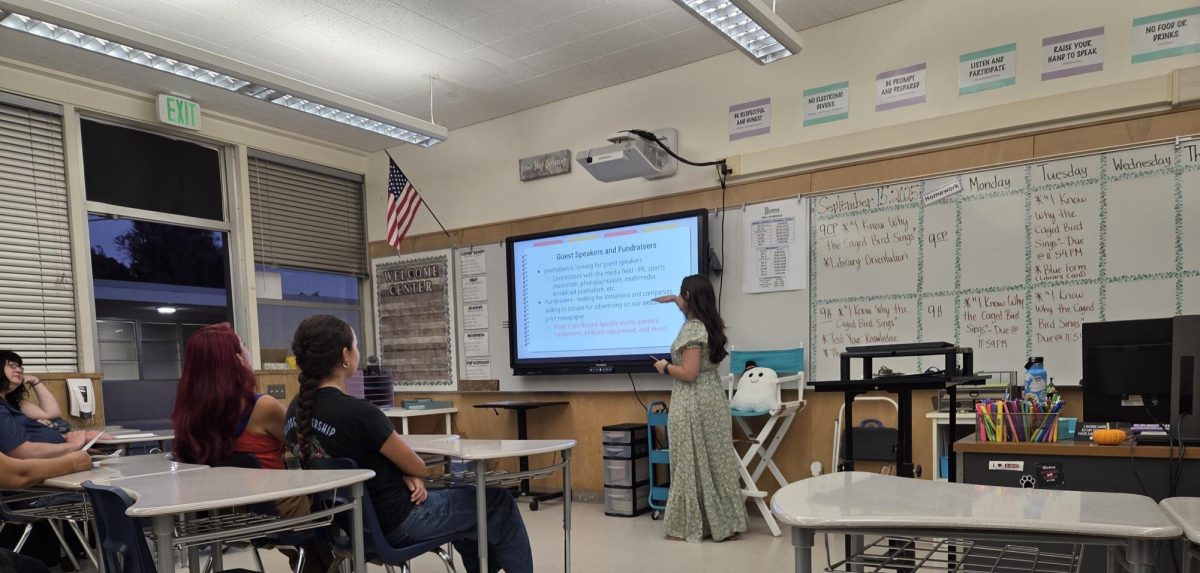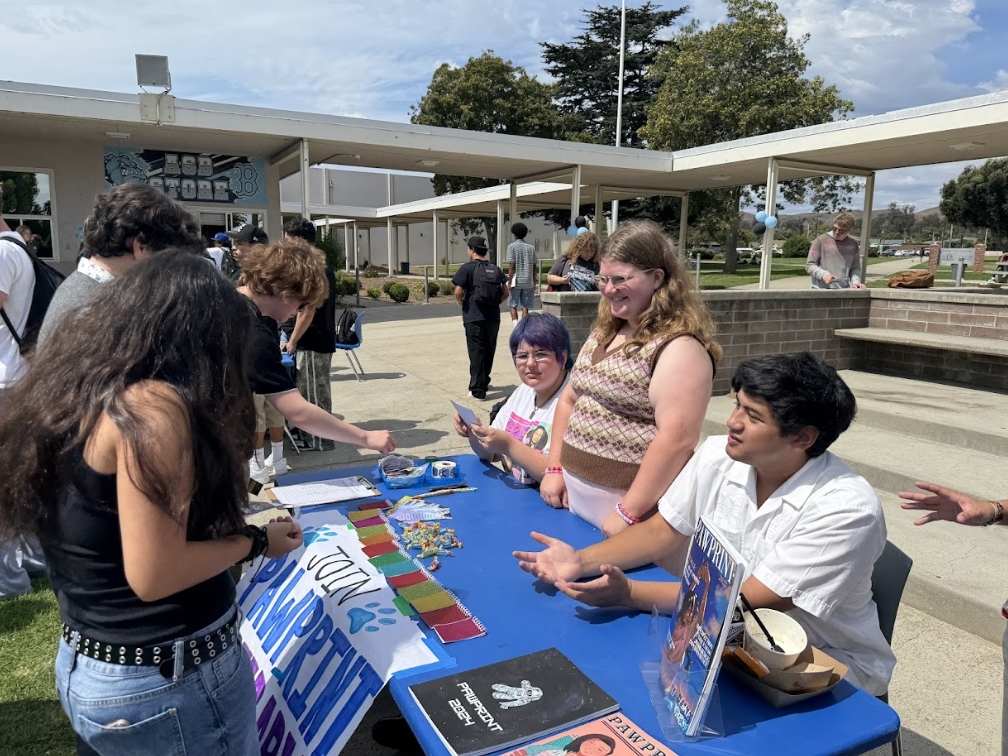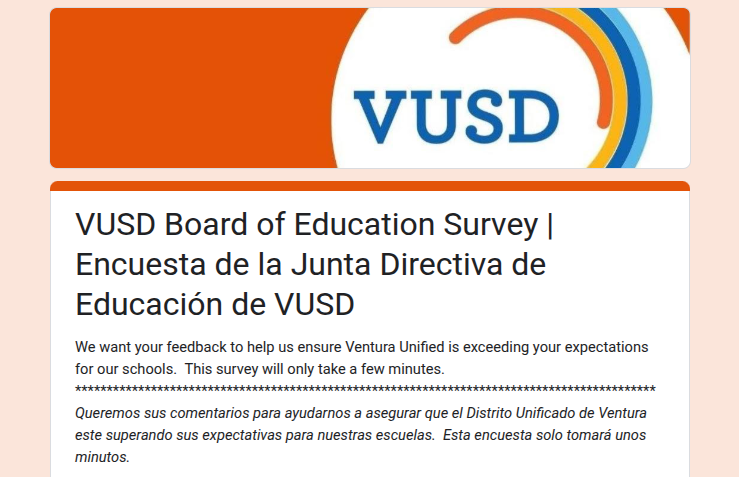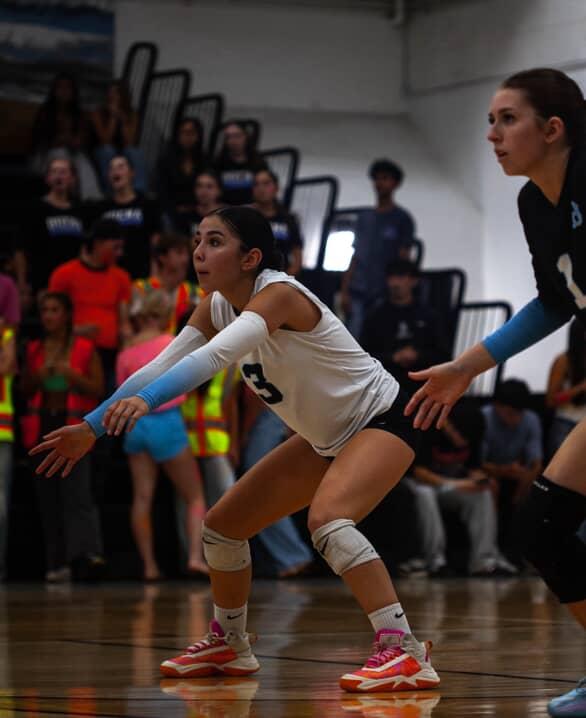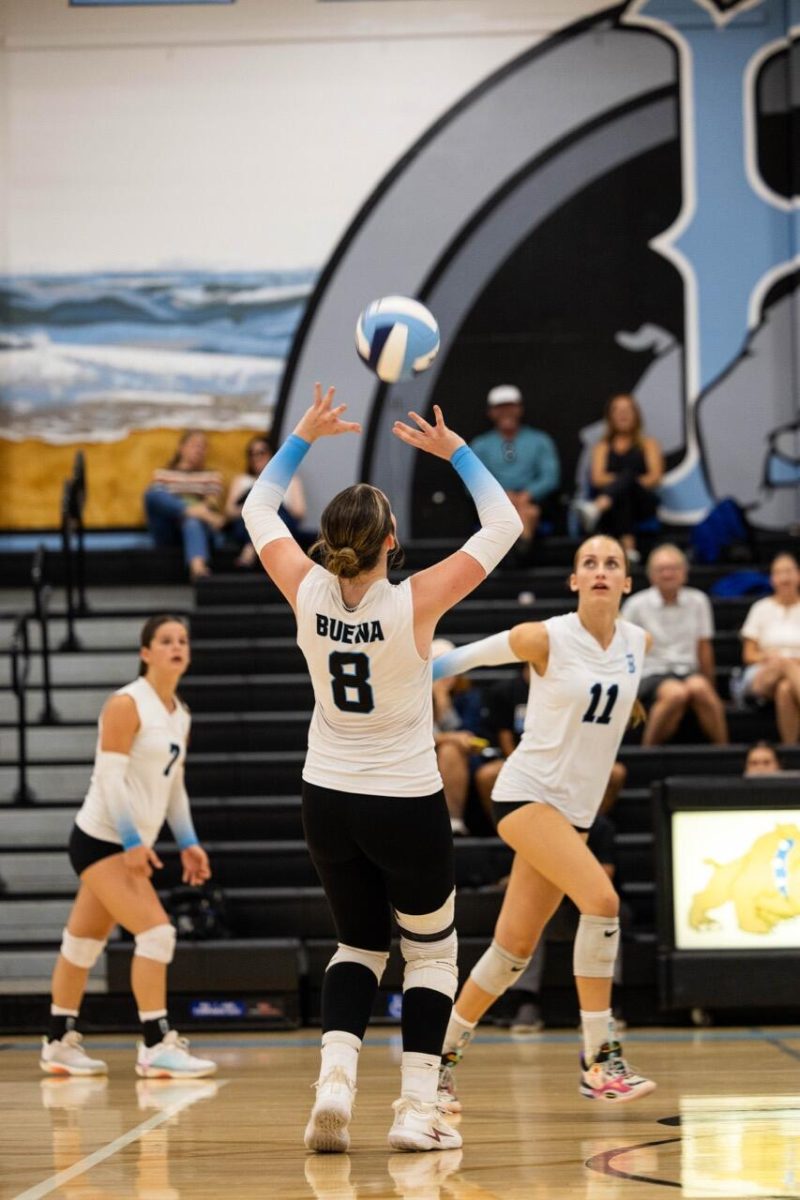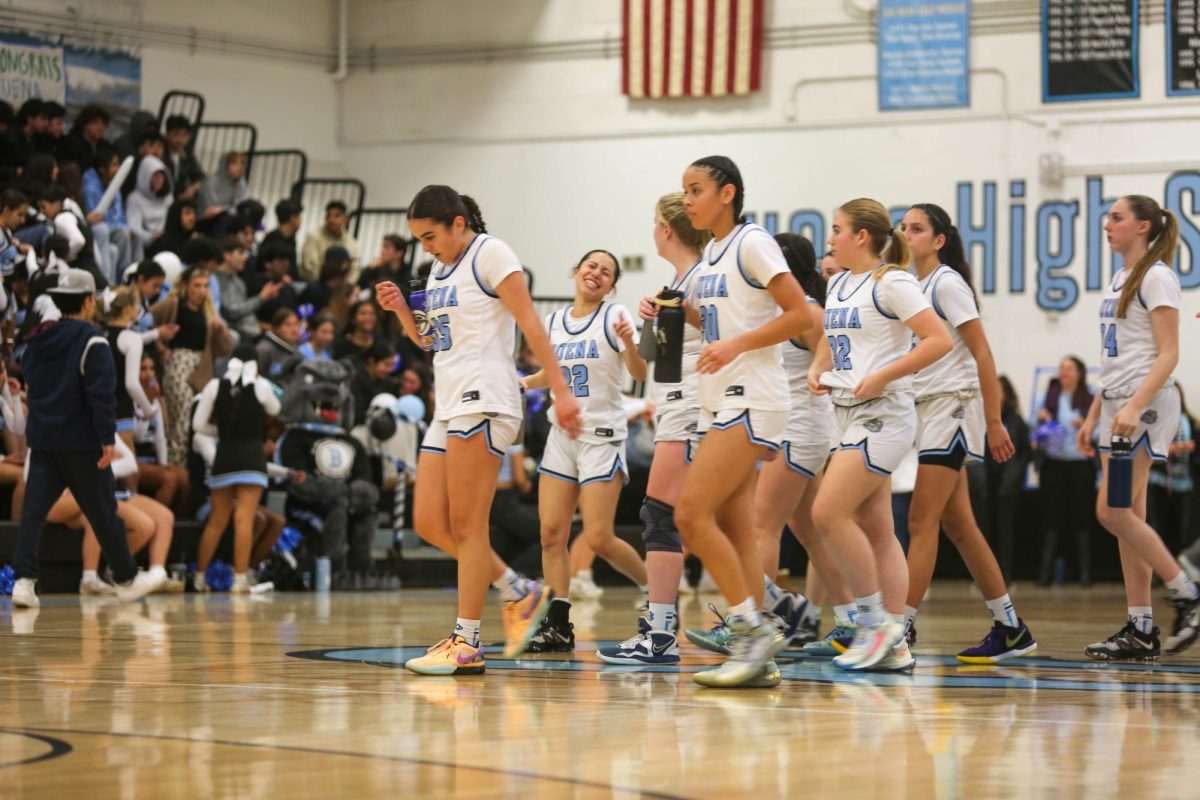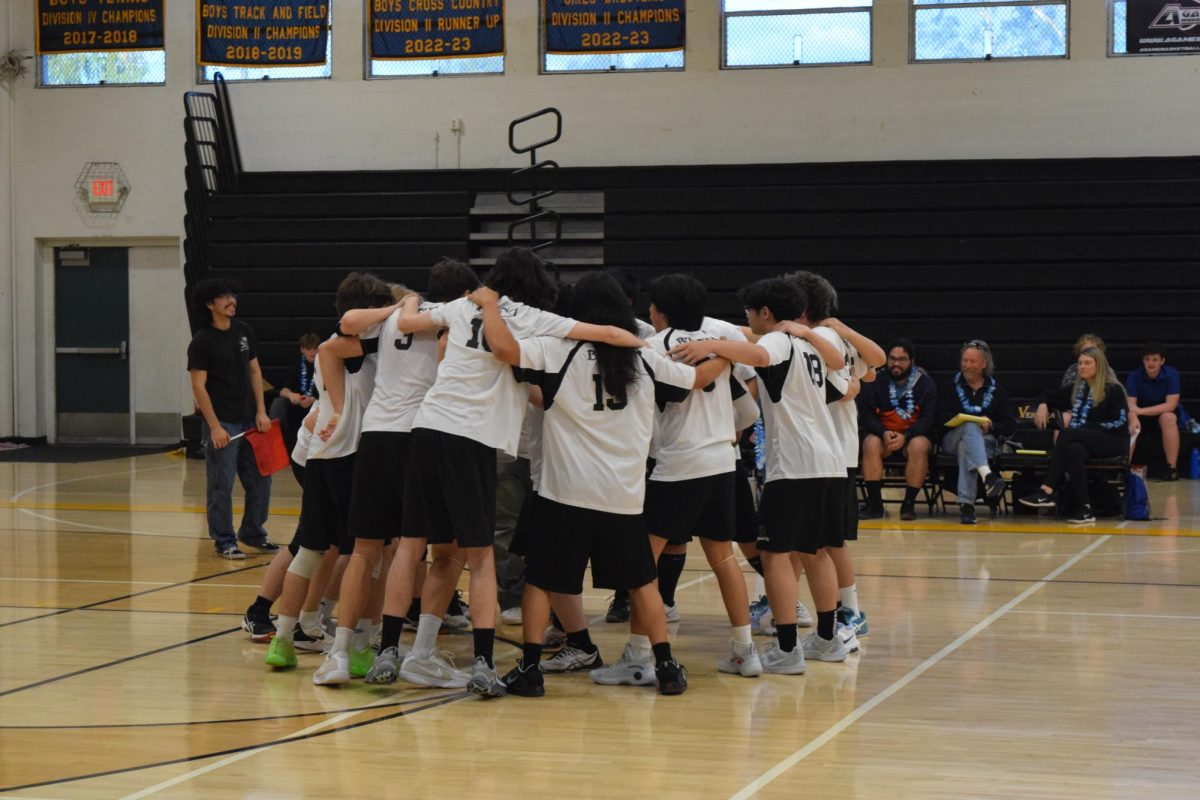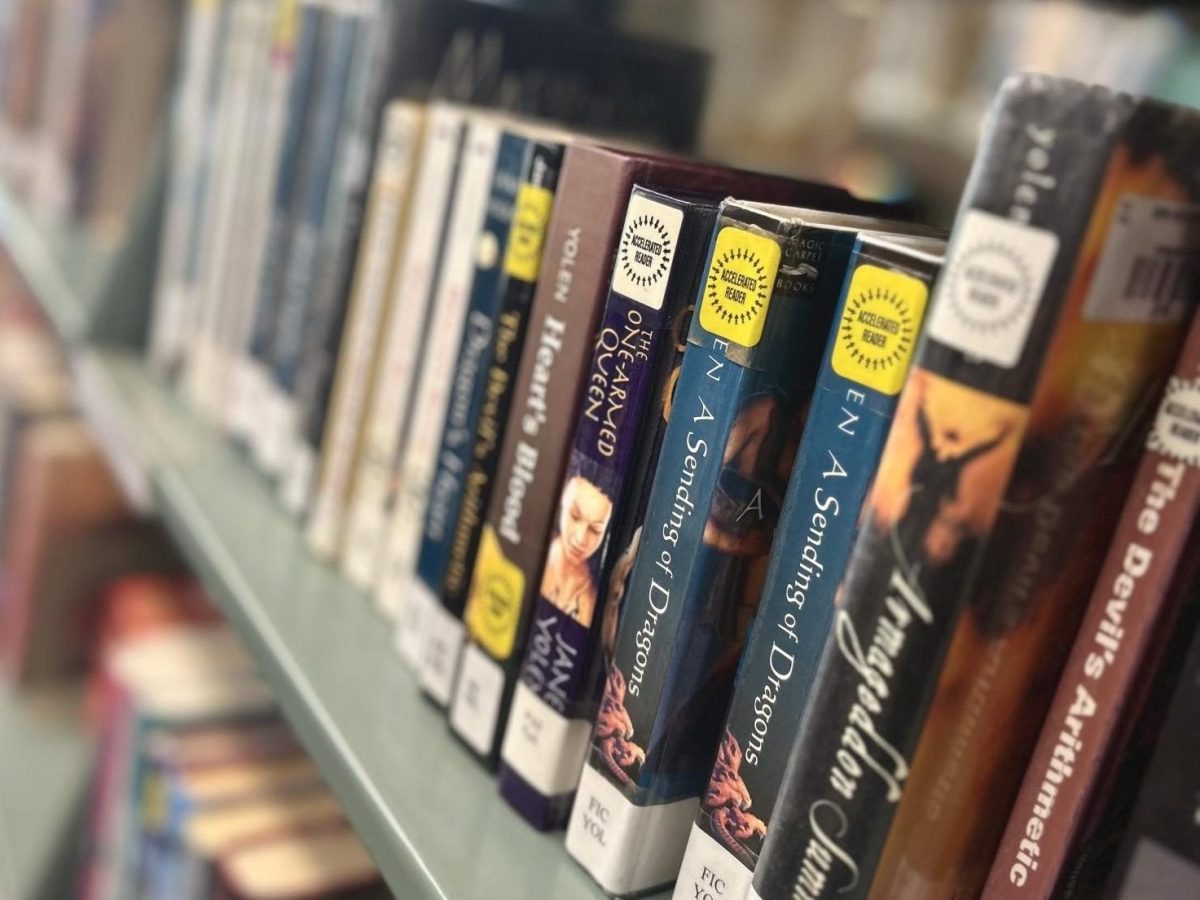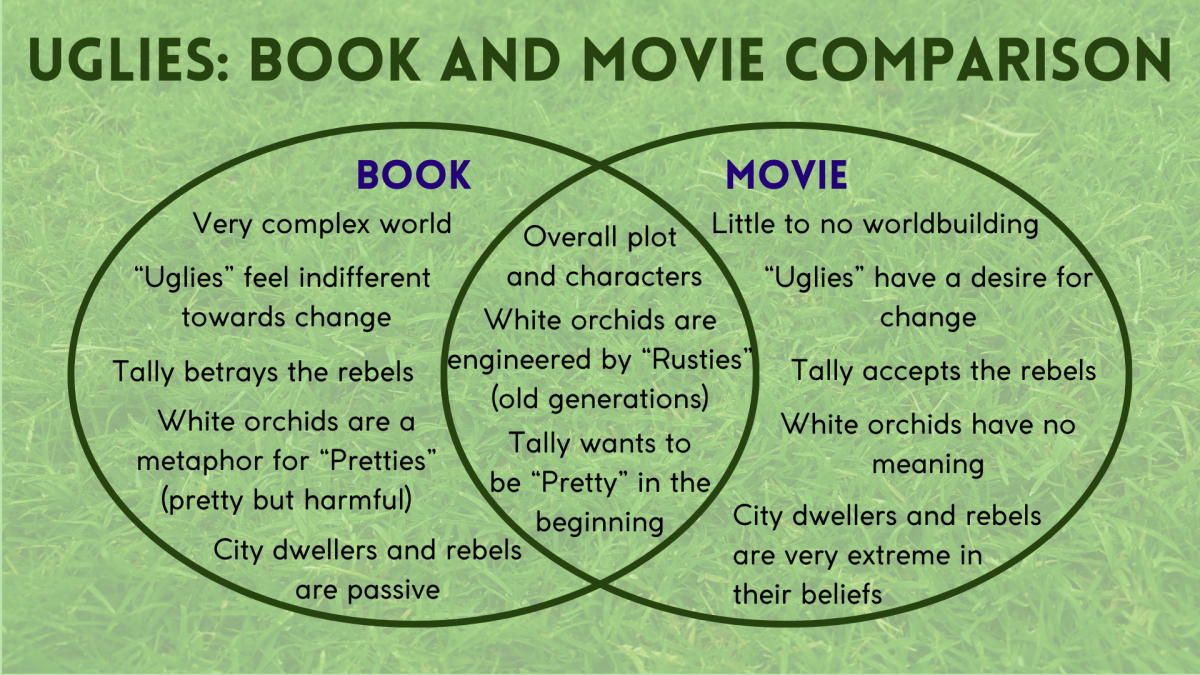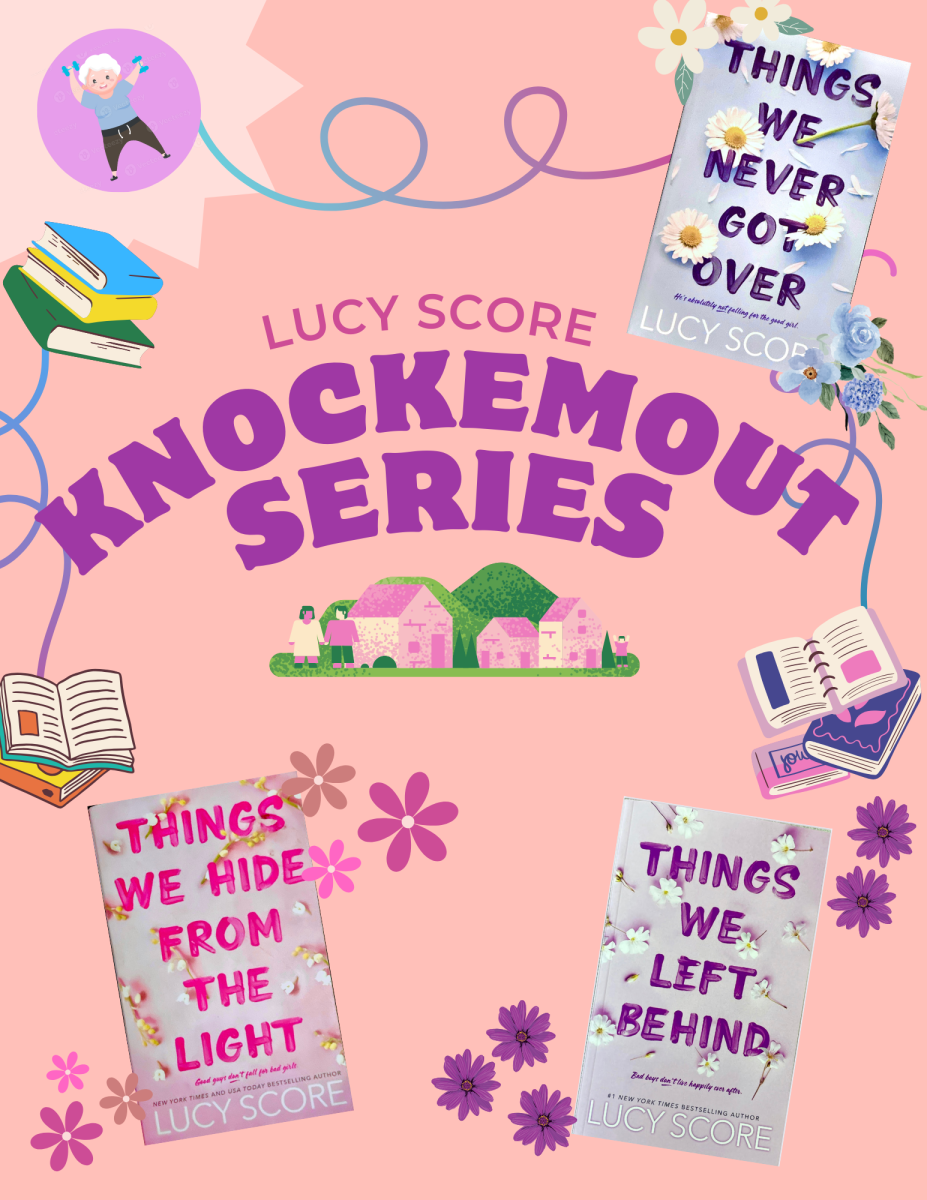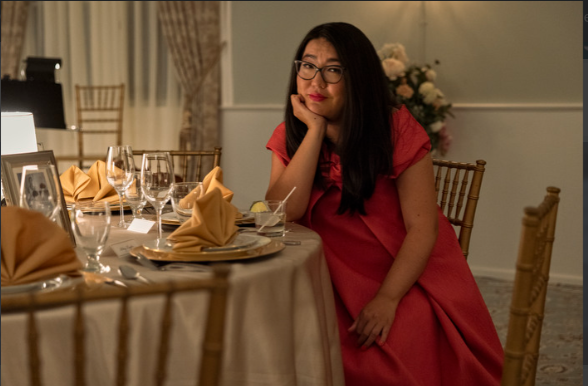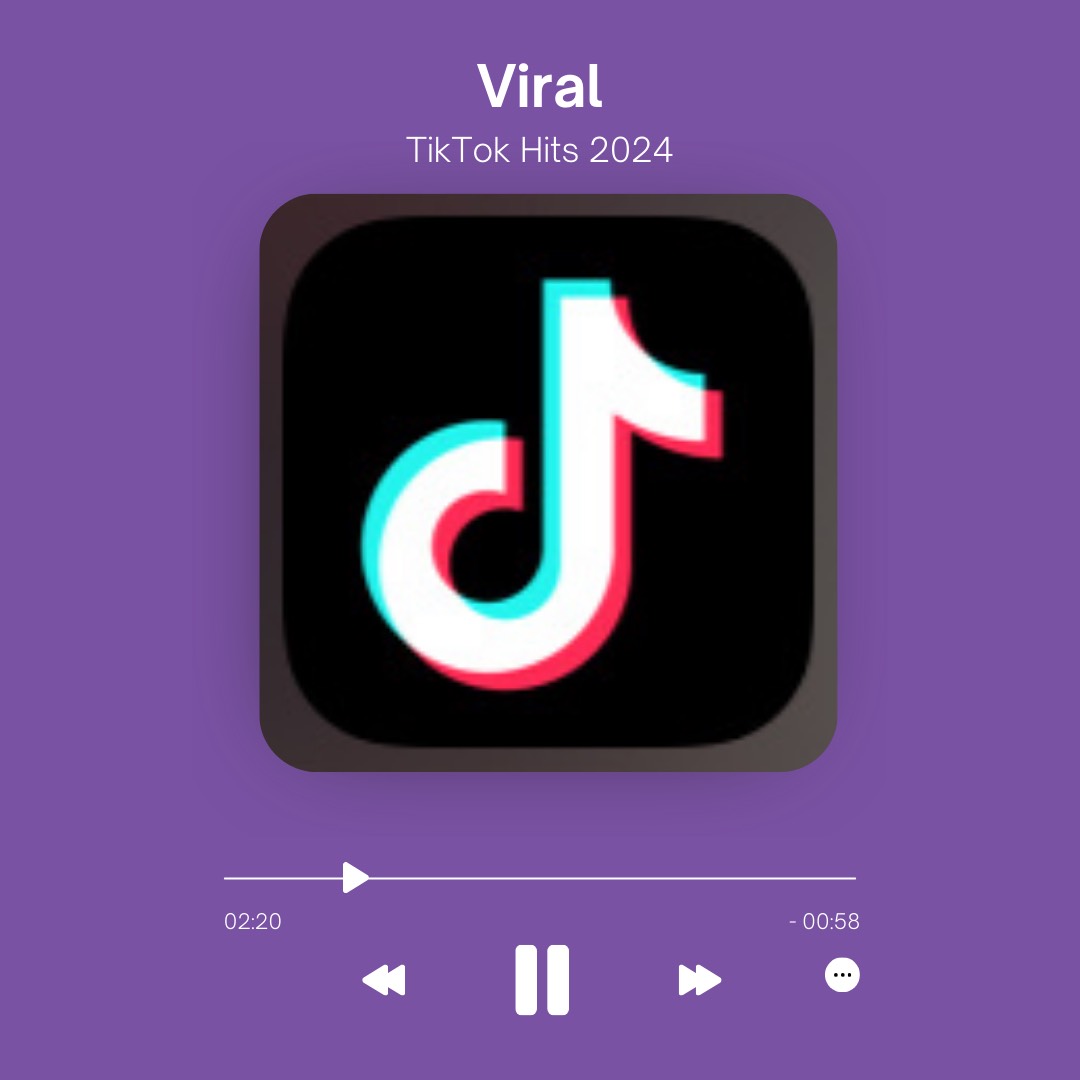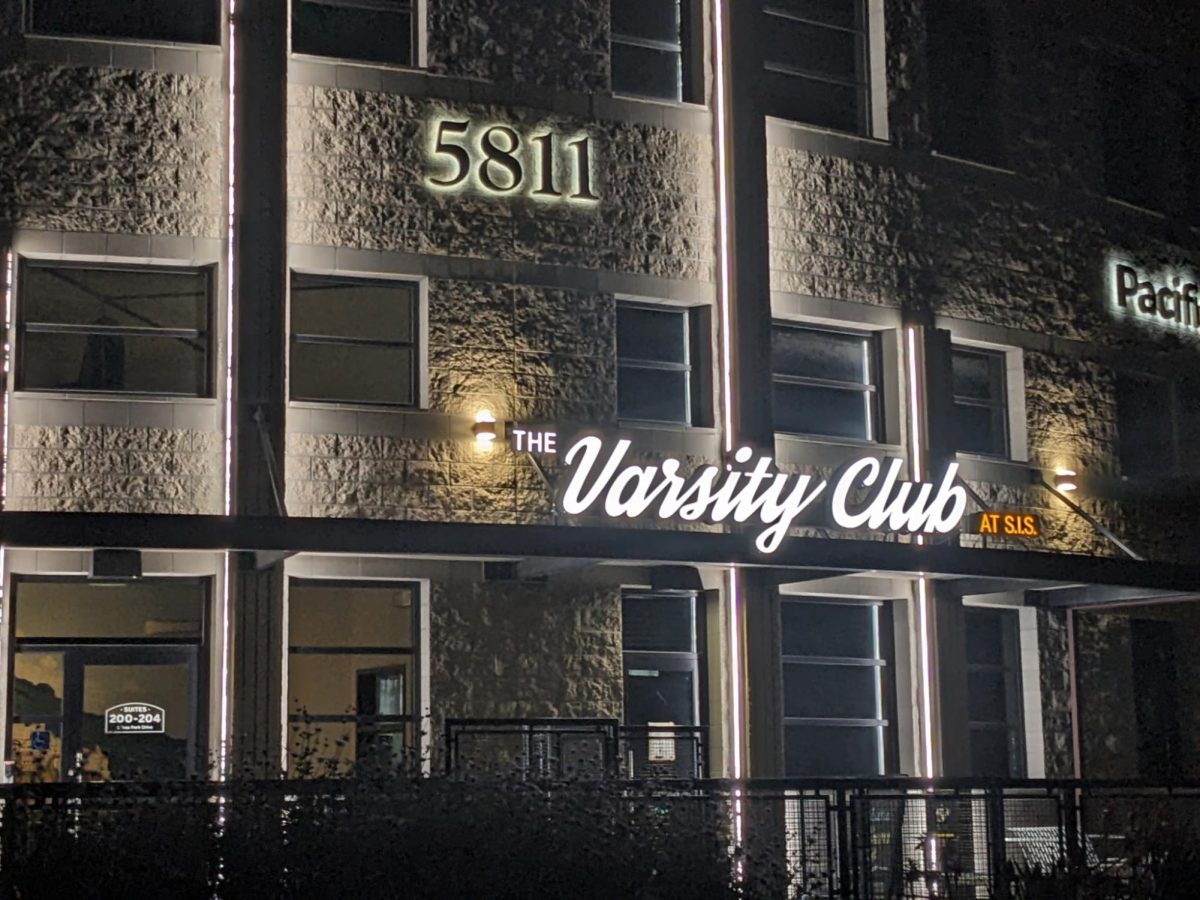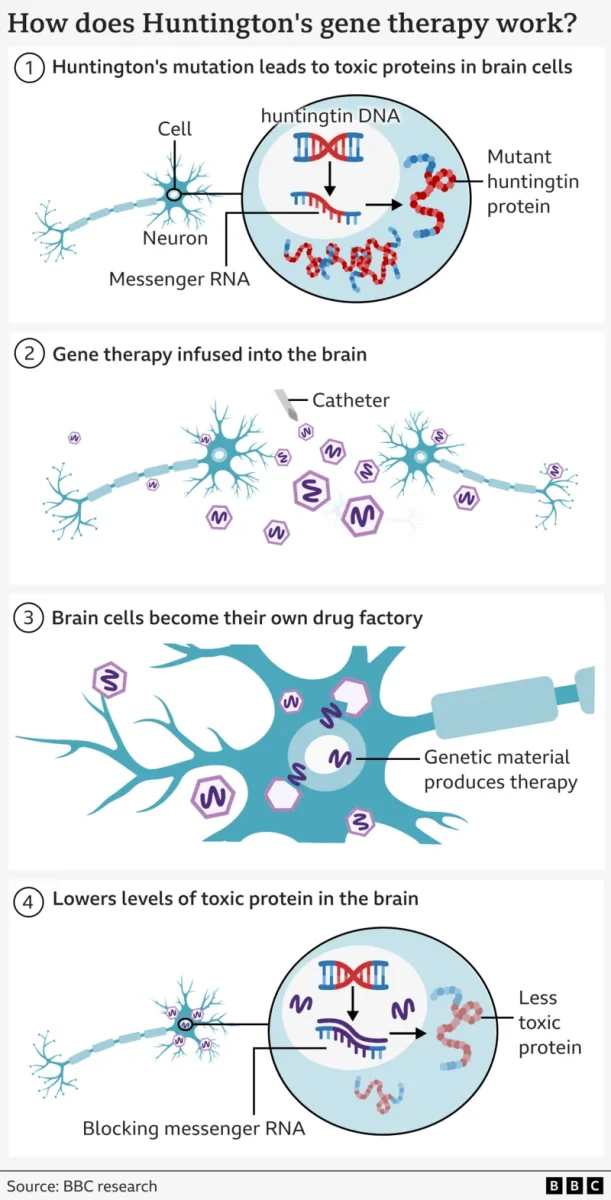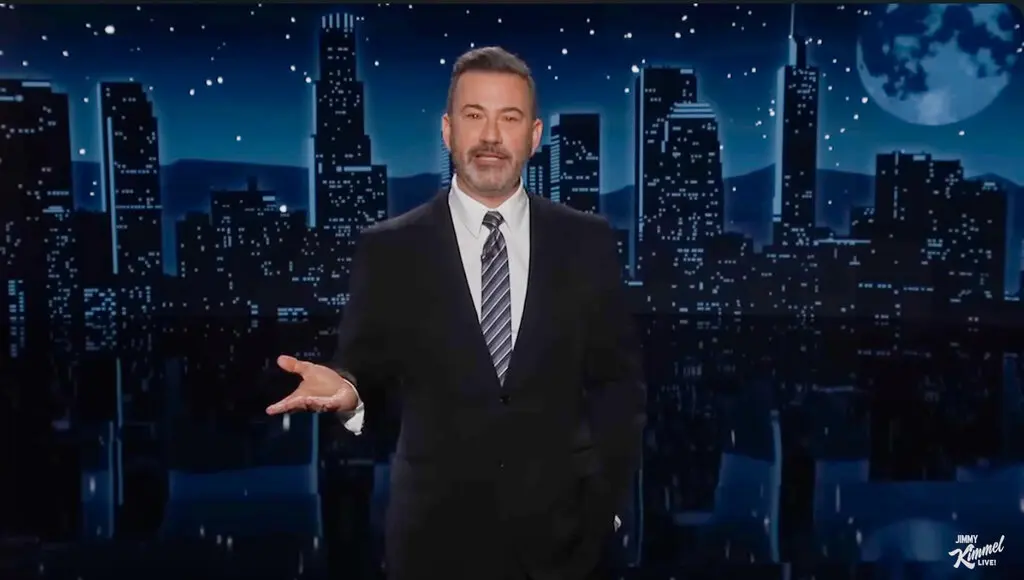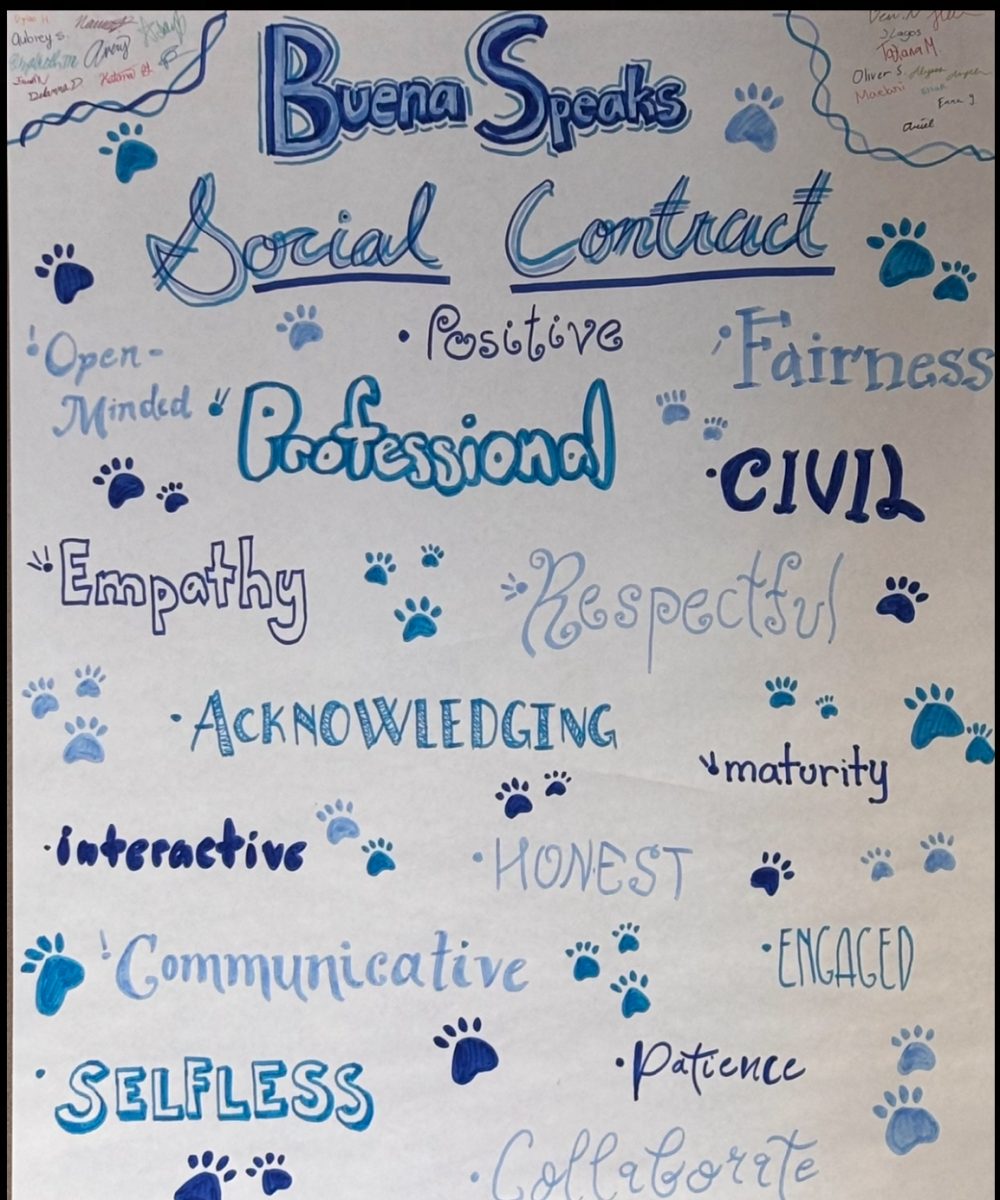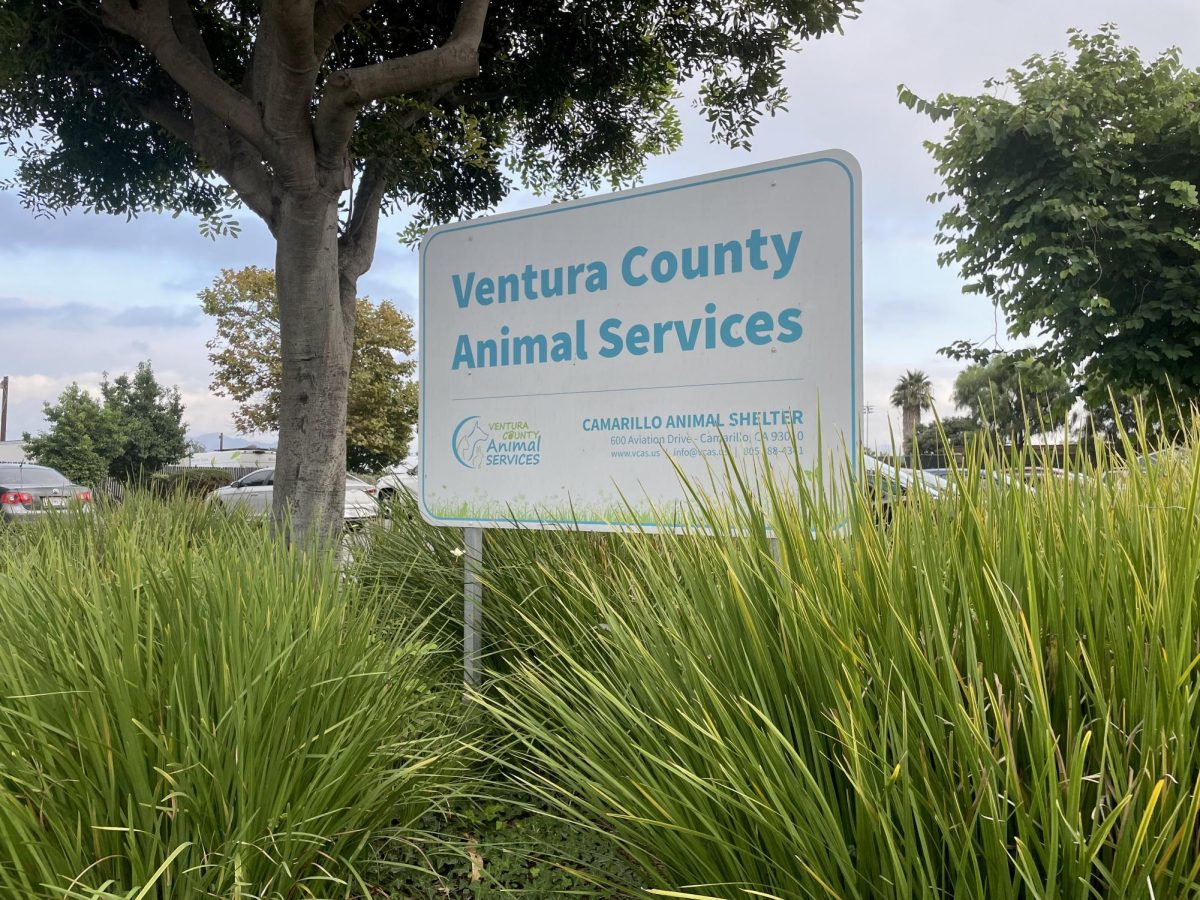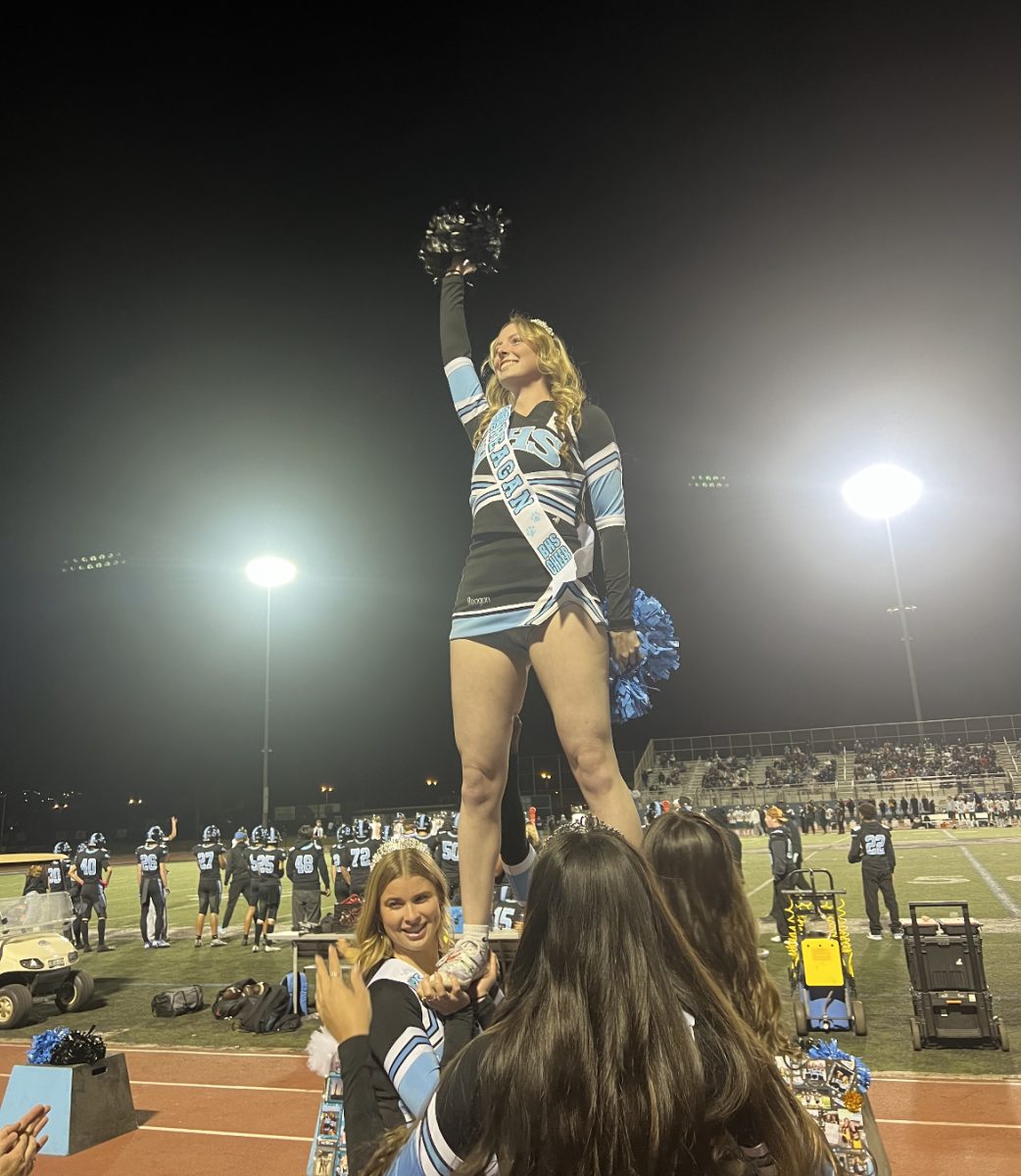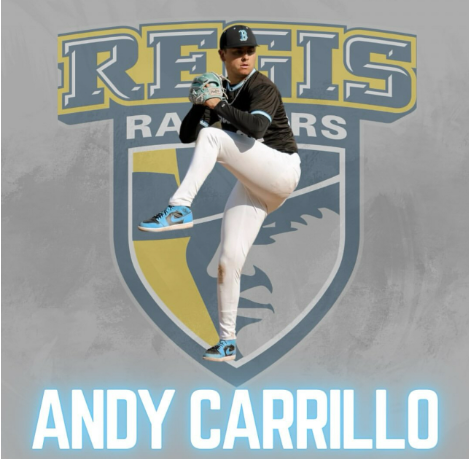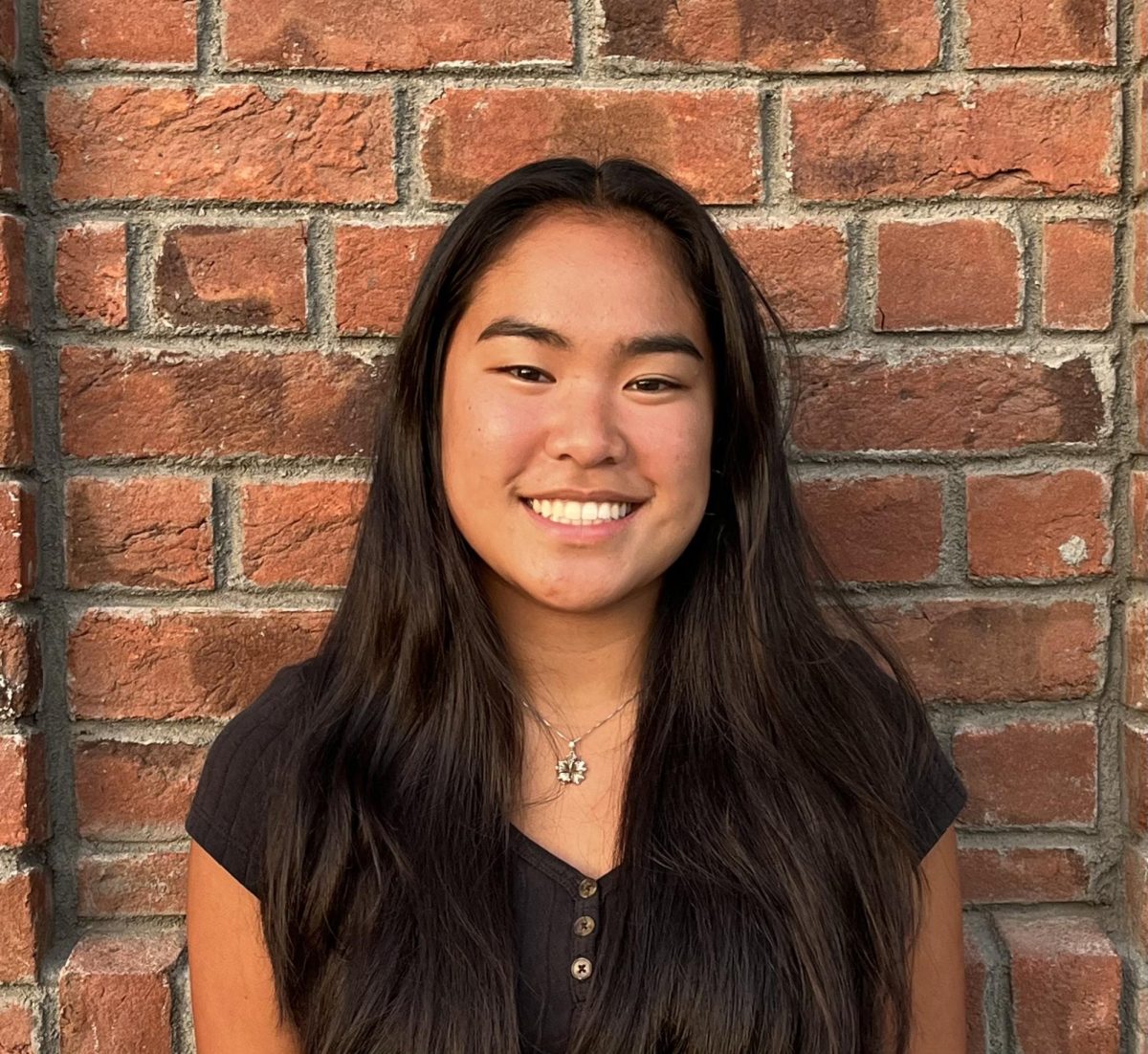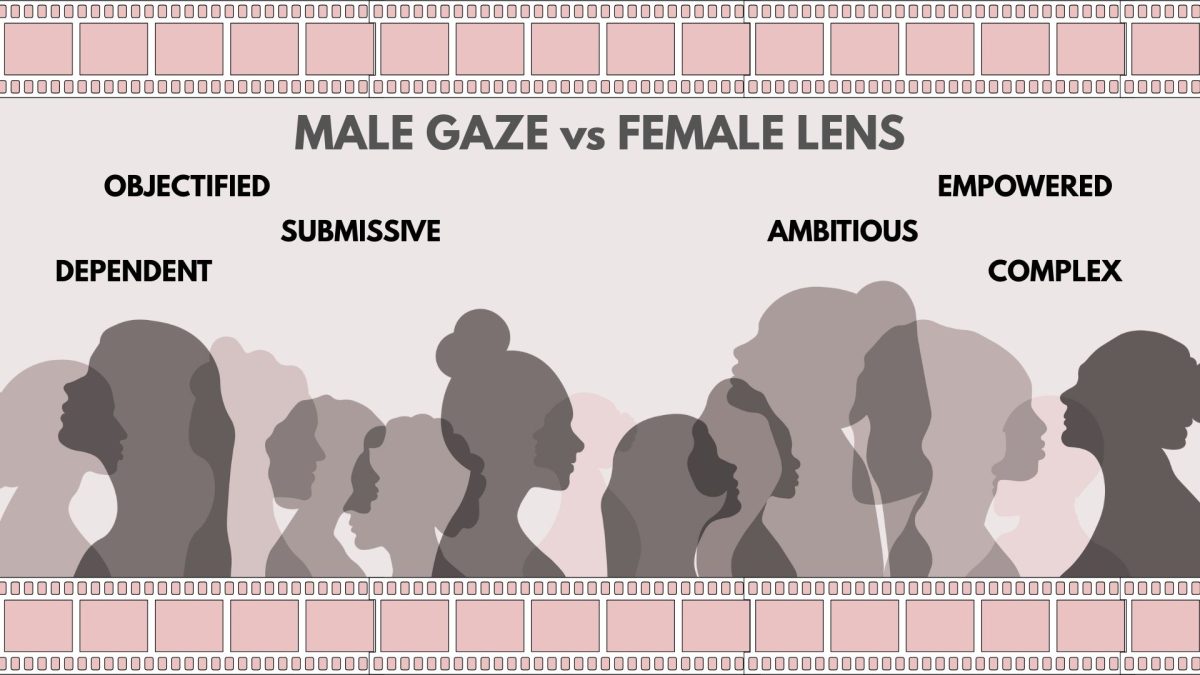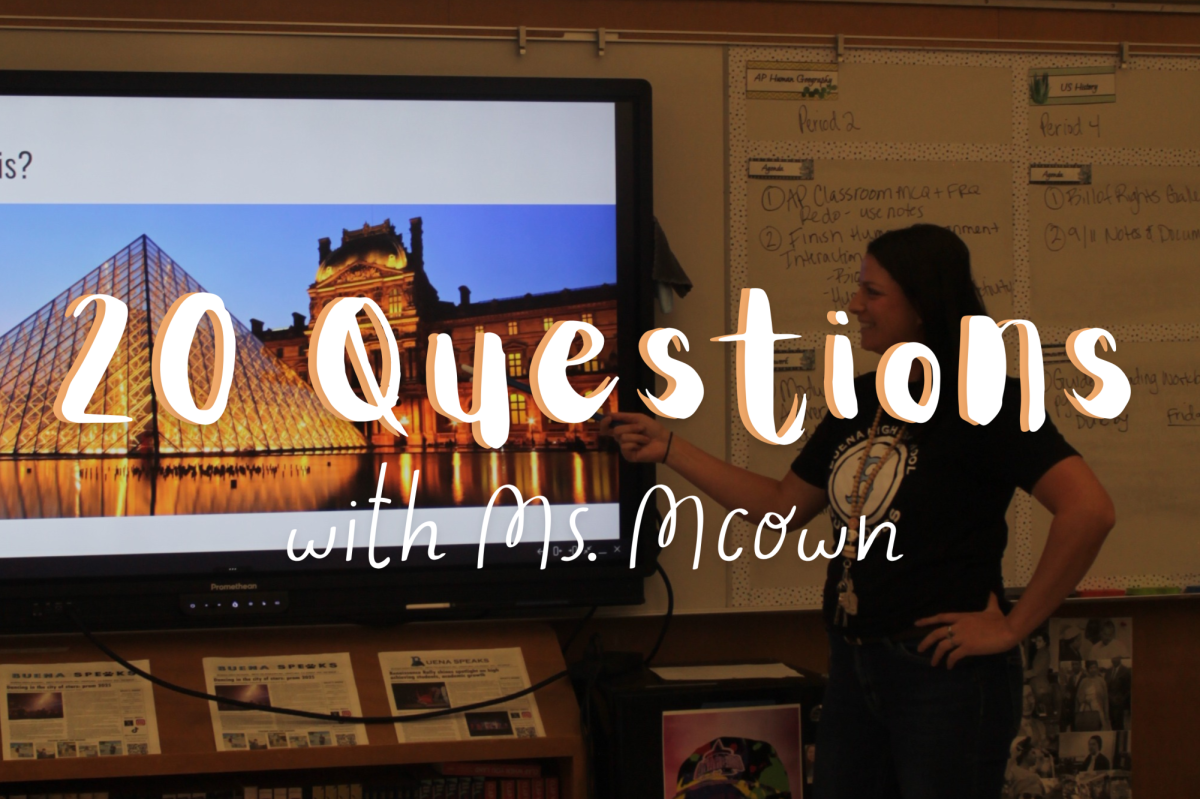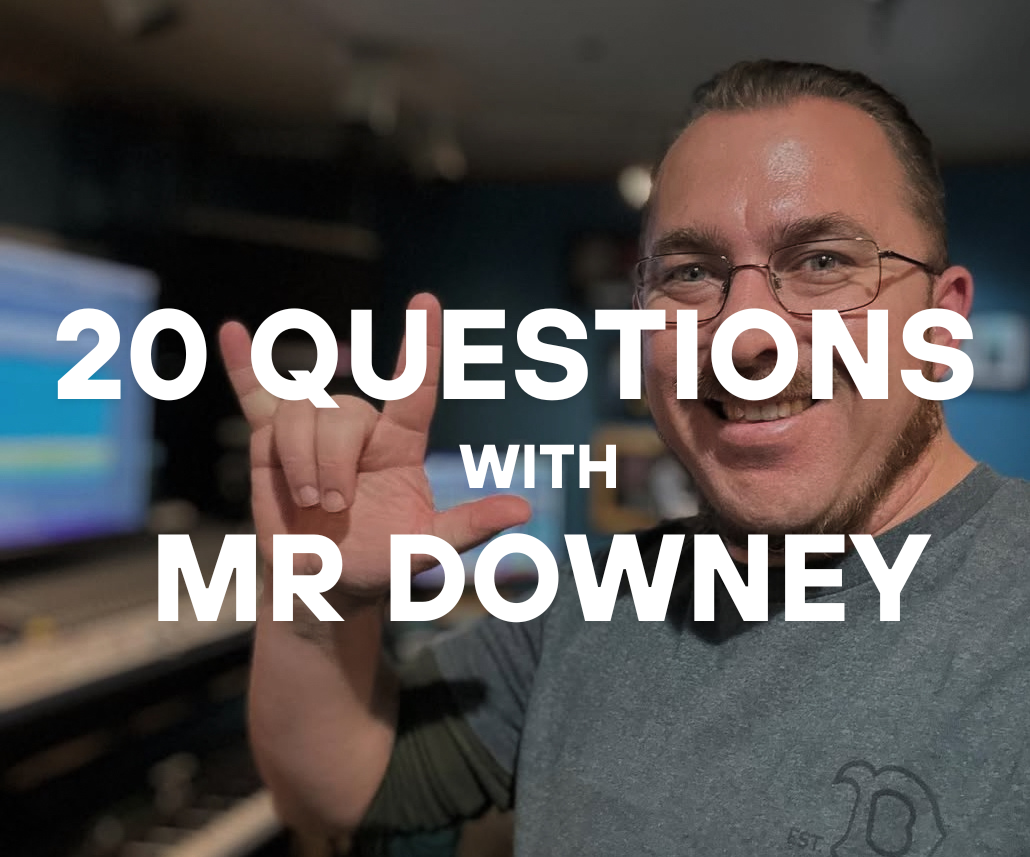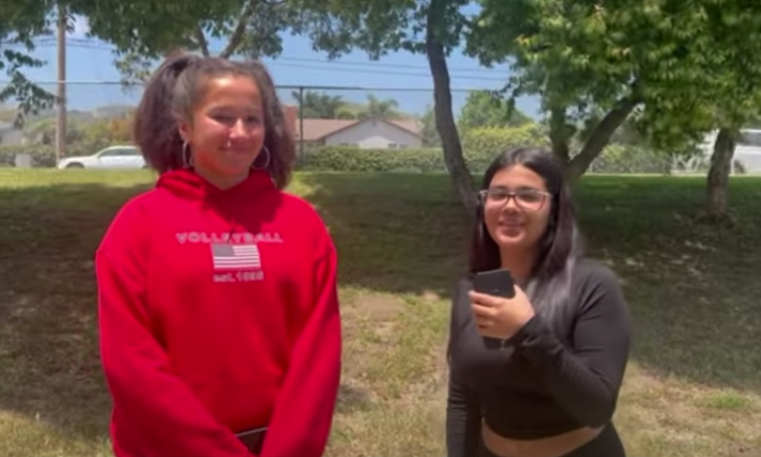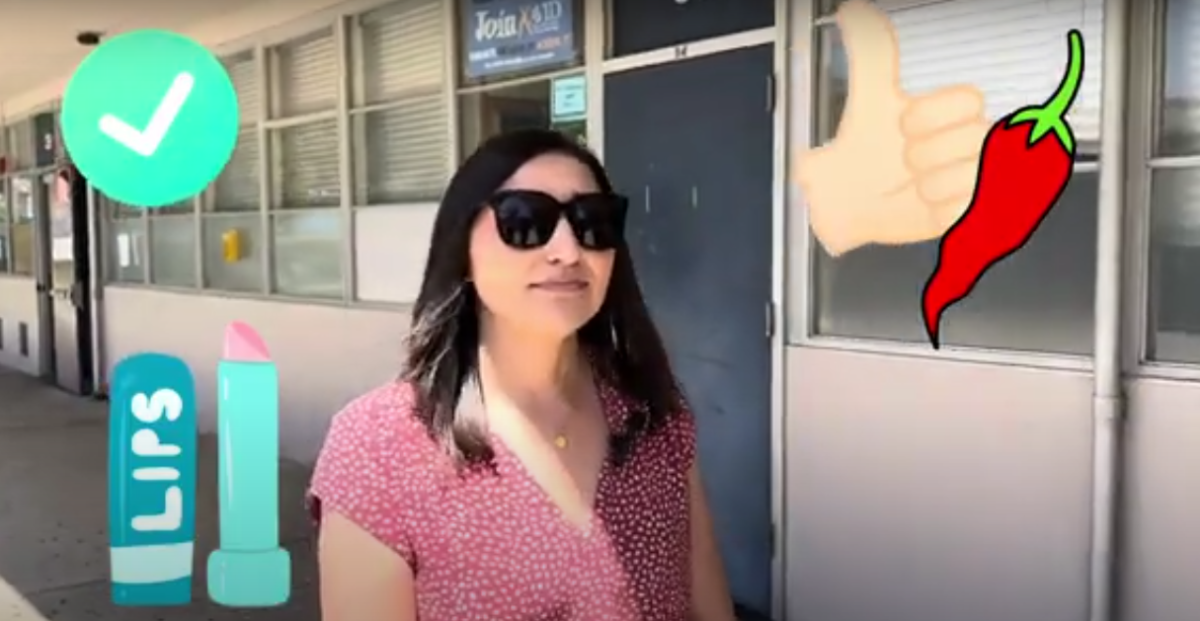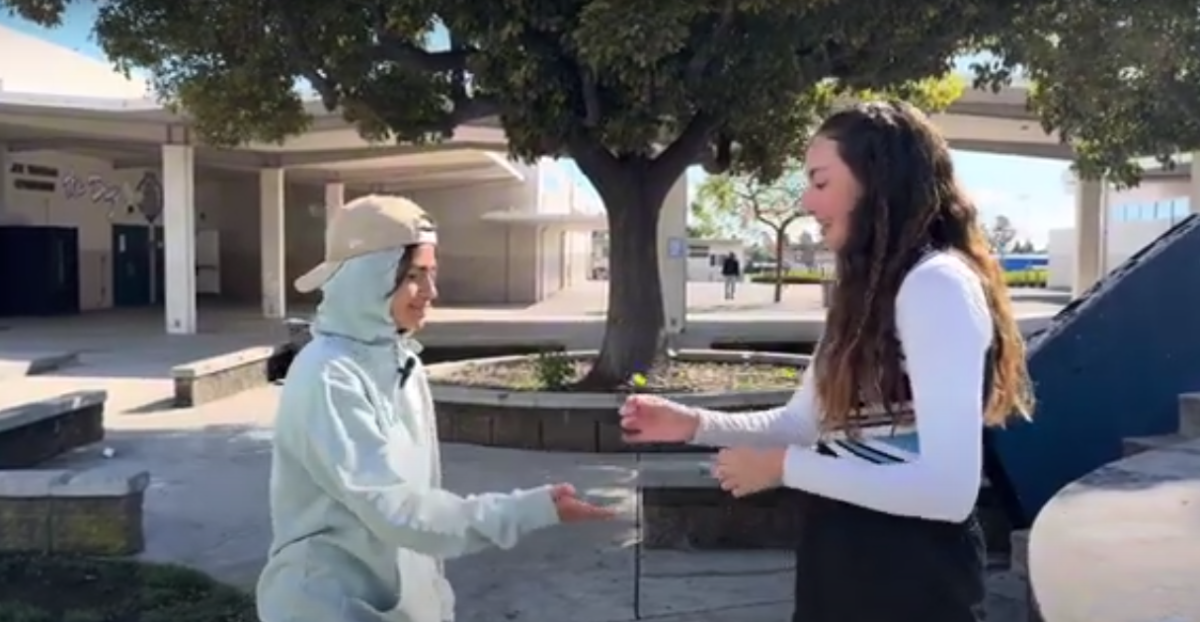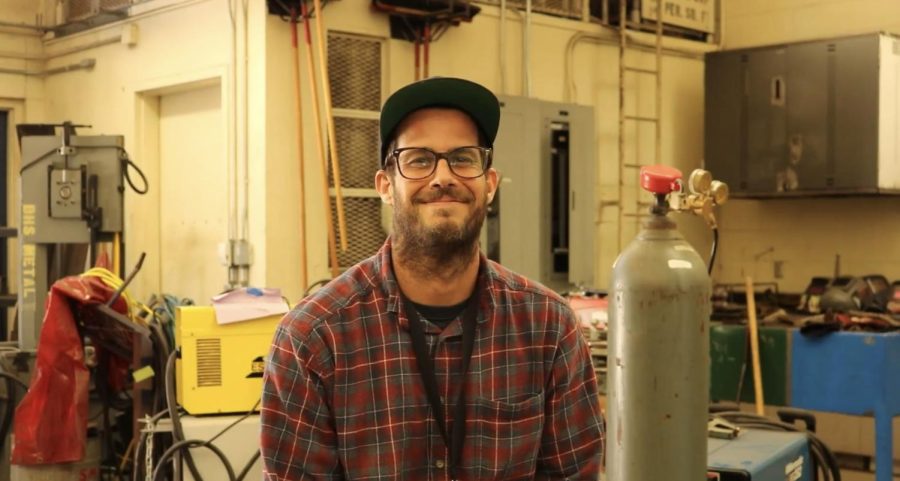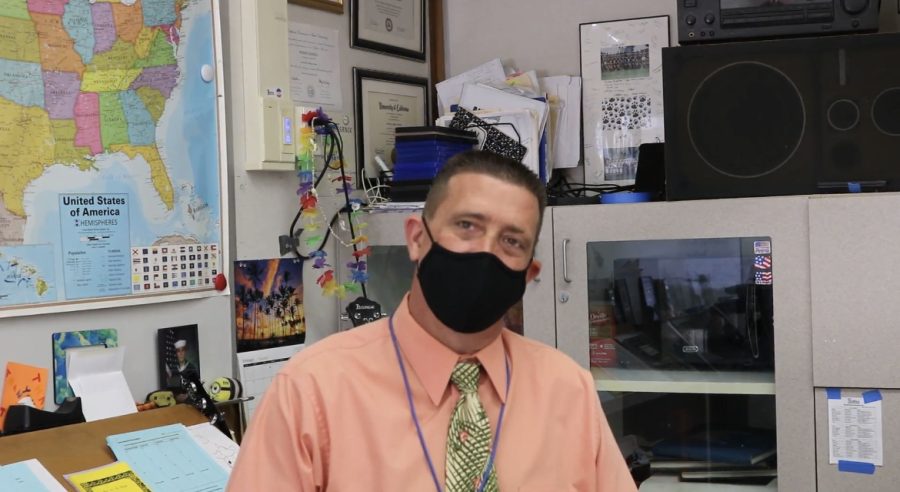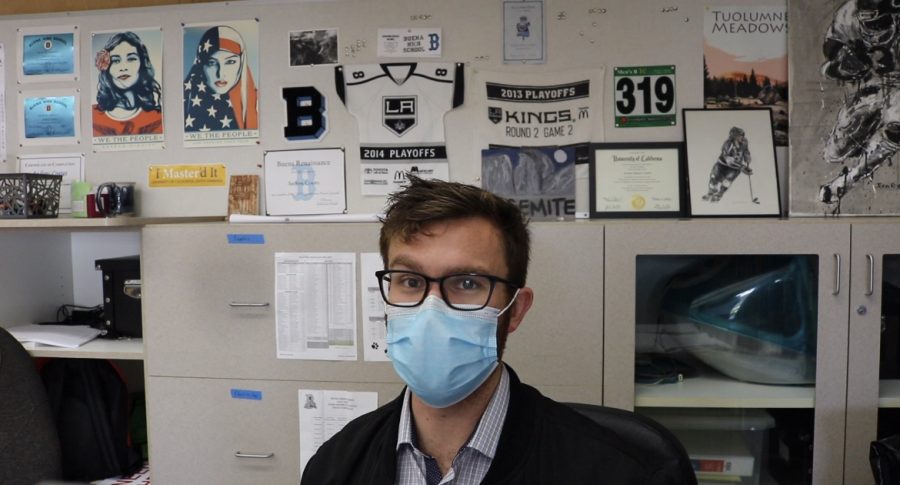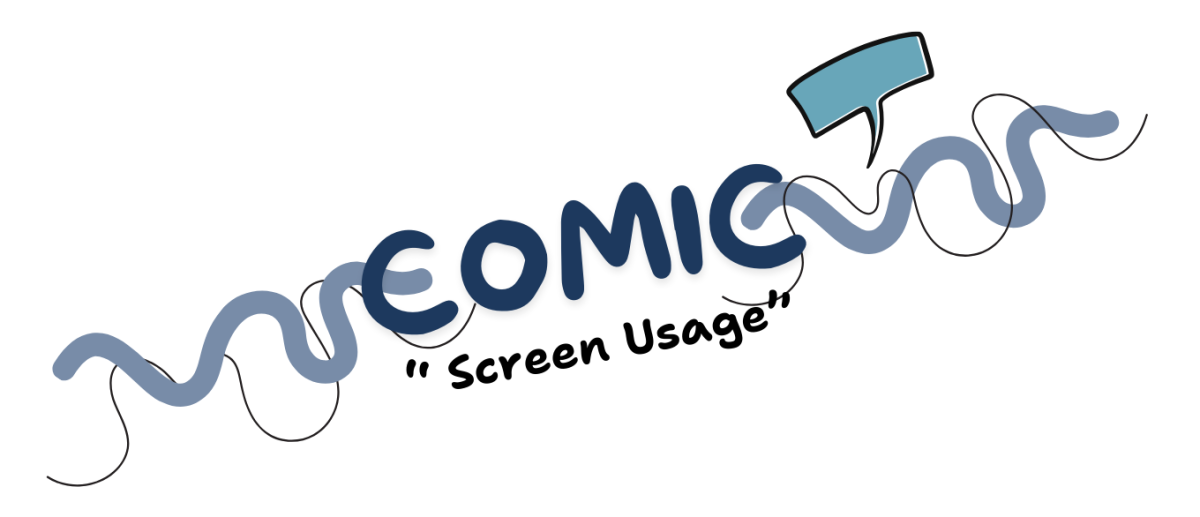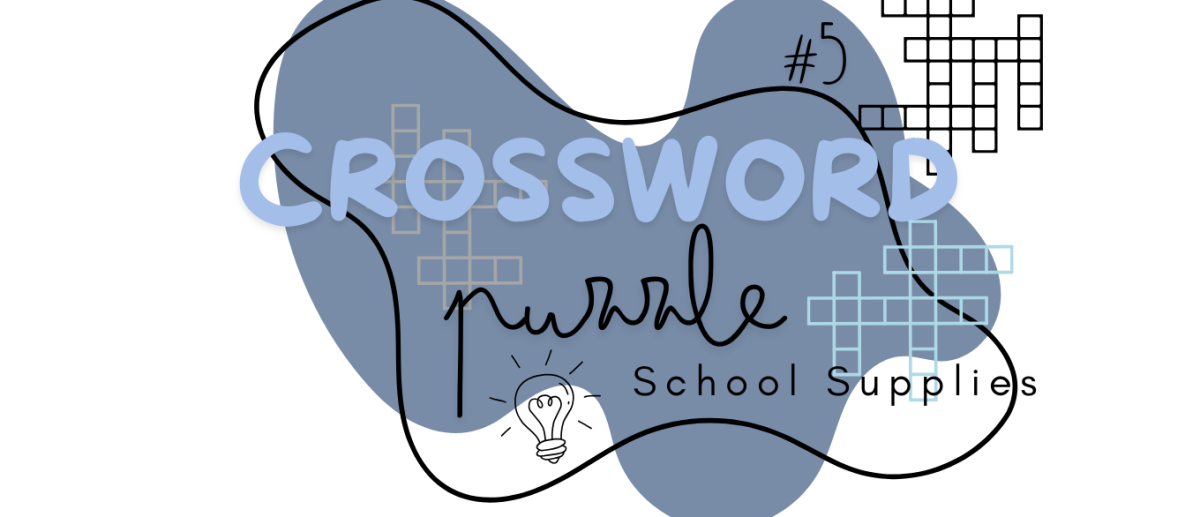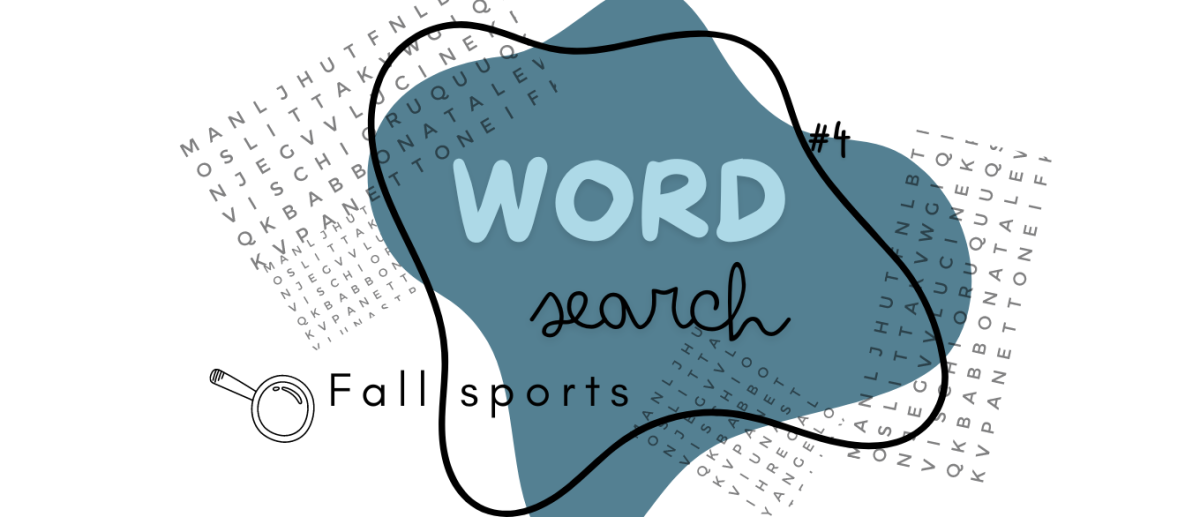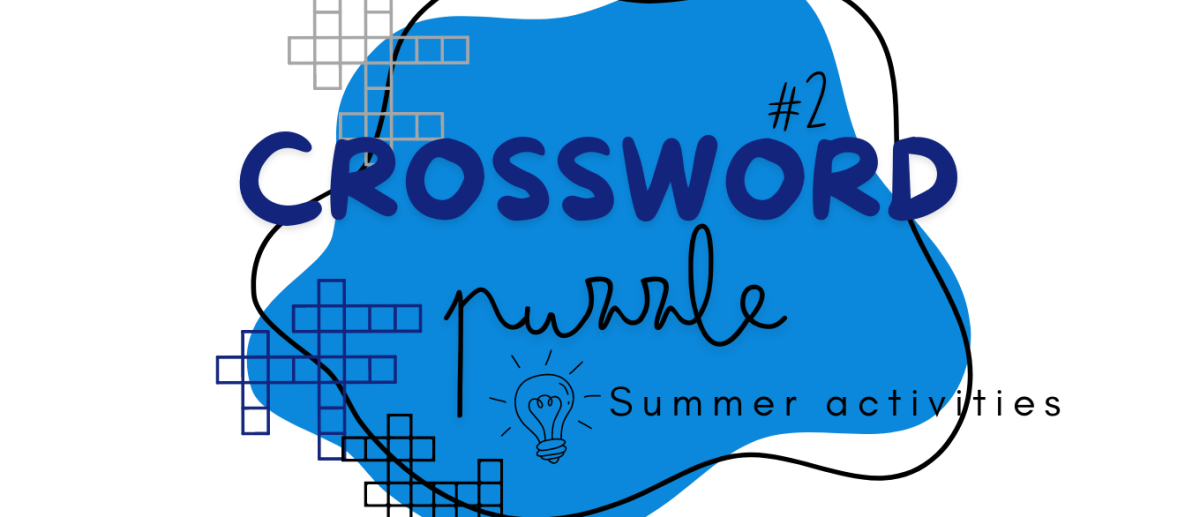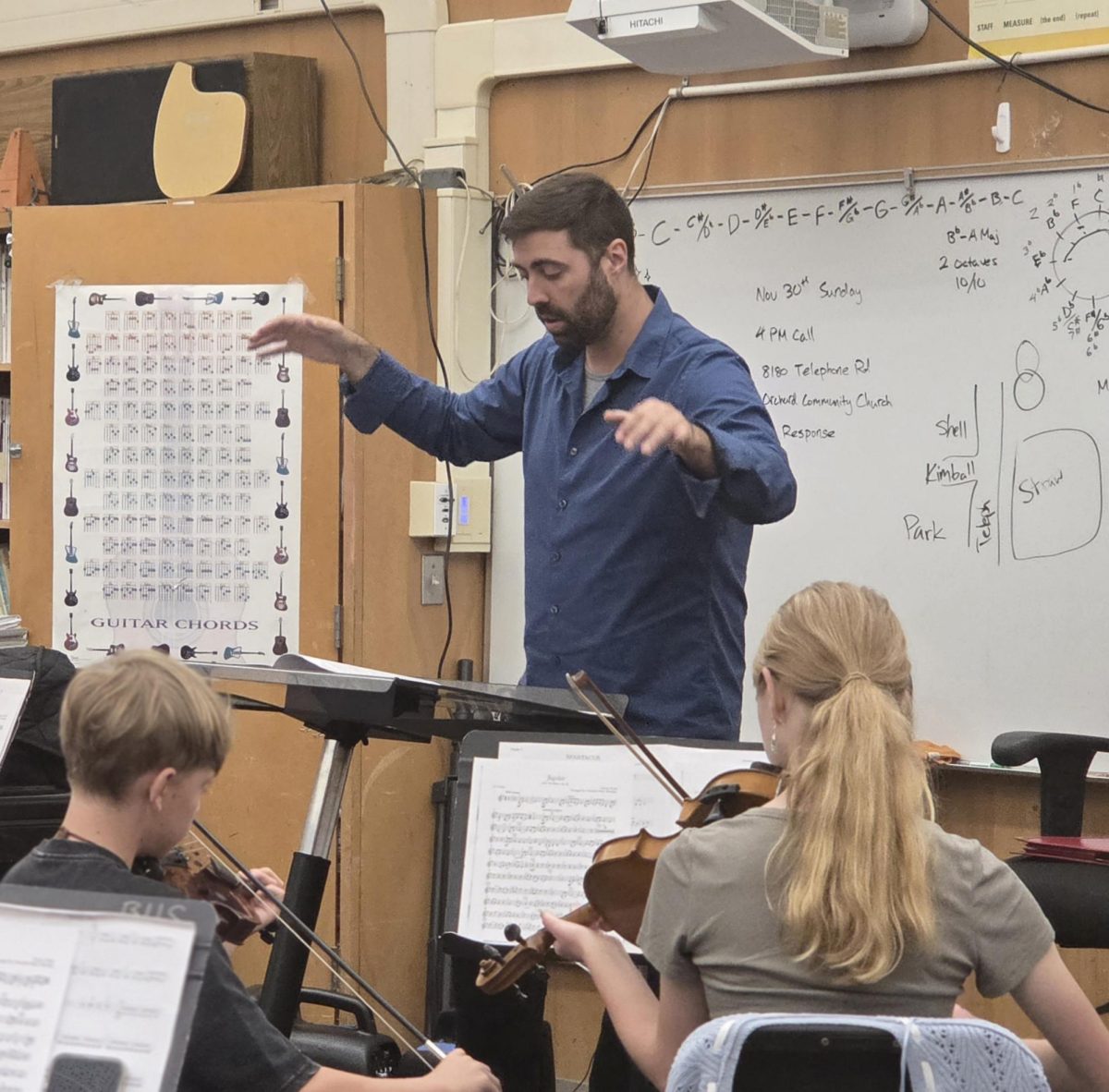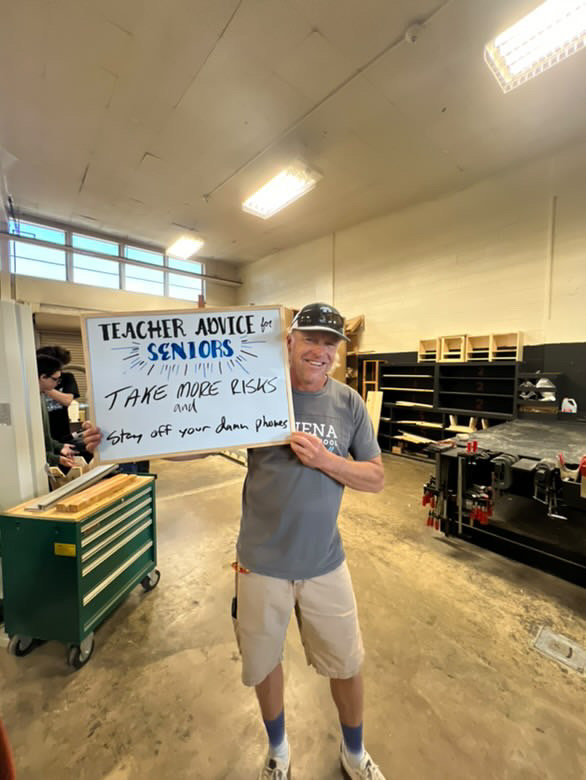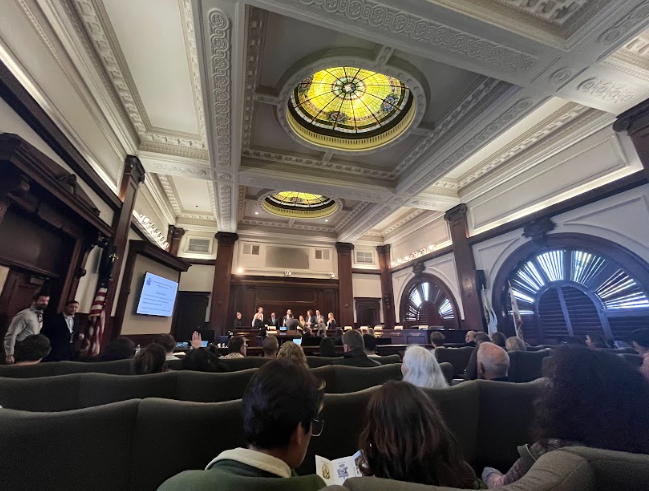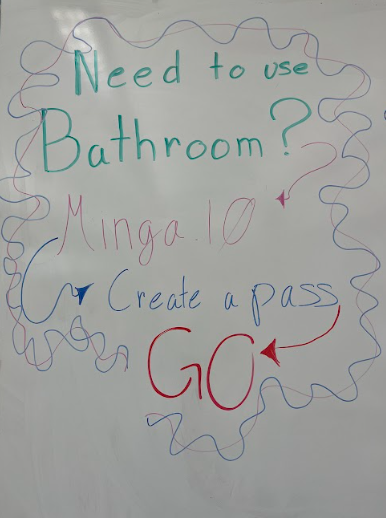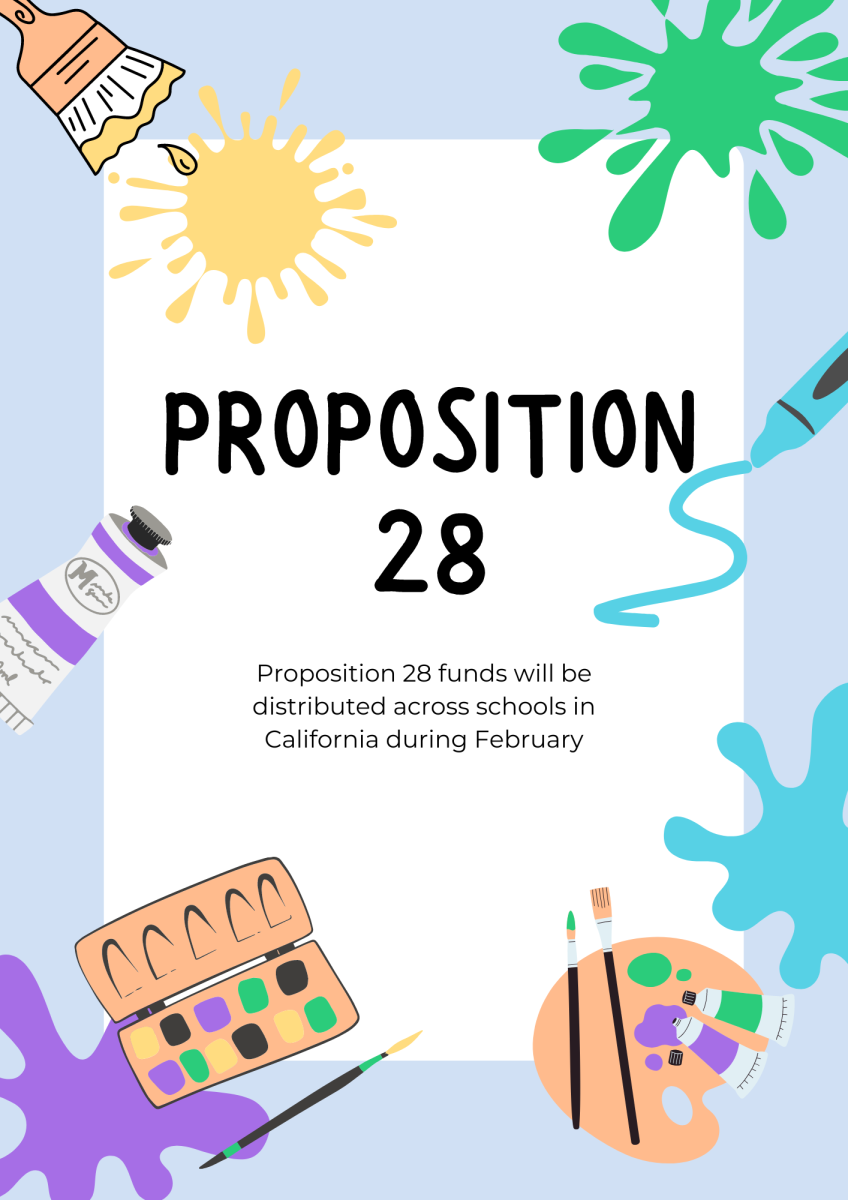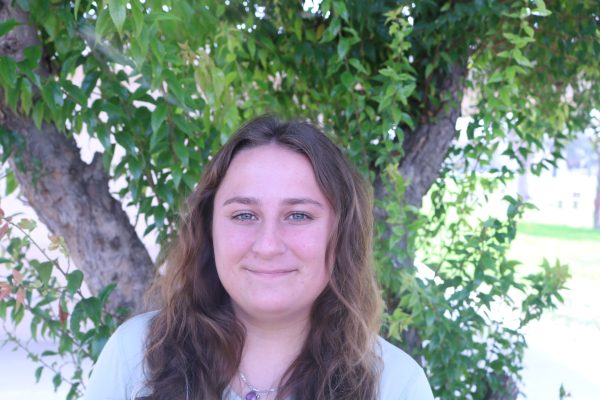Senior year is often a combination of every fear high schoolers have ever had; suddenly all of the frightening decisions about the future are right in front of you, demanding to be made. While this period of life can be overwhelming, there are ways to alleviate some of that stress to set yourself up for success and maximize productivity. And what most people do not know is that senior year tasks start during your junior year. So, whichever grade you are in, these tips are for you.
Decide what you want
Arguably the most daunting task that seniors are faced with is deciding their future. People will tell you that you don’t need to have everything figured out, but you should have a general idea of what you want your future to look like. It is important to figure out what matters to you early on so you don’t spend time on something that will not benefit you. For example, time spent on college applications may be wasted if someone decides that they want to go to trade school; that time and effort could have been put towards scholarships or researching programs.
If you do want to attend a four-year university, figure out what schools you are interested in. It is generally believed that this decision should be close to finalized the summer before you start your senior year. A great resource for this decision is Collegevine, which connects you with schools based on your determining factors and tells you your chances of getting in. Figure out what all of your schools require and start as soon as possible, preferably the summer before your senior year. Important things to consider in this choice include geographic location, programs of interest, mission statements, acceptance and graduation rates, and community.
Early in your senior year is a good time to start asking for letters of recommendation. Not all schools require one but it is good to have some on standby in case you figure out you need one. Although, beware that some situations, like certain scholarships, require a separate letter that is more specific to their requirements.
Utilize school resources
campus is set up for every student’s success, whatever success may mean for them. There are posters with QR codes dedicated to universities in the libraries to start your research venture. The College and Career Center is open throughout the school day—although College and Career counselor Natalie Debbas is best reached in meetings scheduled through email. The center regularly hosts informative events to help with the application process. Most recently, Nov. 8 Buena held a meeting to help students understand the Free Application for Federal Student Aid.
Other faculty and teachers are also valuable resources for questions and advice. English teachers are great help with proofreading essays, AVID teacher Heather Arrambide is very well-informed on what colleges are out there along with what they are looking for, and counselors are always available to help.
That being said, you must ask for help because this season is nearly impossible to get through on your own. If none of these resources sound helpful or appealing, make sure that there is an adult outside of school assisting you in this journey. If this, too, is unavailable consult blogs, YouTube, and other online resources. There is a lot of information out there, so much that it can get overwhelming, but do not let it deter you.
Write One Thing You Love
Regardless of what choice you make about your future, chances are you will require an essay at some point. For some people, the list of prompts to respond to seems endless. The best practice for this is to write one essay that is as general as possible and make sure you love it. It will become what is known as a “super essay” and can be edited and adapted to fit as many prompts as possible. Having this in your back pocket will minimize the amount of generative writing necessary later on in the application process and will help avoid burnout.
While writing the essay ask yourself what information you think is most important for colleges to know about you. Then get that information into a coherent story or message. It will be much easier to edit it to be about a slightly separate topic than it will be to write an entirely new essay. Sometimes this means that only one or two paragraphs get used for other prompts, but that is still writing that you do not have to do again and gets you through the toughest part of an essay: starting.


